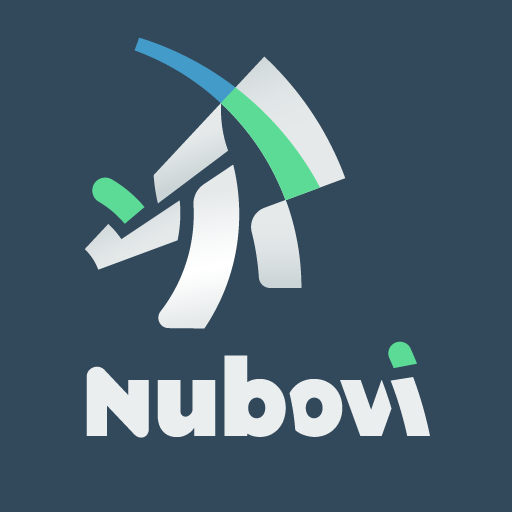Introduction
The evolution of cloud computing has seen businesses leverage Infrastructure as a Service (IaaS) to meet computing needs effectively. However, the adoption of Platform as a Service (PaaS) has been gradual. This blog post delves into the reasons behind the slow move to PaaS, highlights the growing importance of containers as a form of IaaS, and underscores the pivotal role of Financial Operations (FinOps) in effectively scaling and optimizing cloud workloads for optimal efficiency.
The predominance of IaaS in the public cloud
IaaS has been instrumental in transforming the way businesses manage their computing resources, providing the flexibility and scalability necessary for deploying applications and managing workloads without the complexities of physical infrastructure. Public cloud providers like AWS, Microsoft Azure, and Google Cloud have played a crucial role in popularizing IaaS models, allowing organizations to scale resources on a pay-as-you-go basis.
Analyst reports consistently highlight the widespread adoption of IaaS among businesses, as evidenced by Gartner's Magic Quadrant and Forrester's Cloud Infrastructure reports. The flexibility and ease of use associated with IaaS have positioned it as a fundamental component of cloud strategies for enterprises of all sizes.
The slow move to PaaS
Despite IaaS's success, the adoption of PaaS has been slower than expected. PaaS offers a higher level of abstraction, enabling developers to focus on building applications without dealing with the intricacies of underlying infrastructure. However, concerns related to data control, vendor lock-in, and compatibility have tempered the enthusiasm for PaaS adoption.
Synergy Research Group's recent report underlines that IaaS continues to dominate the cloud market, representing a significant share of overall cloud spending. This reinforces the challenge of overcoming inertia and making the shift from the familiar IaaS model.
The growing significance of containers as IaaS
In recent years, the rise of containerization, led by technologies like Docker and Kubernetes, has added a new dimension to cloud computing. Containers, while often associated with Platform as a Service, can also be considered a form of IaaS. They provide a lightweight, portable, and scalable solution for deploying and managing applications, encapsulating applications and dependencies in a self-sufficient unit.
Public cloud providers have embraced container services, offering managed Kubernetes services and container registries. There is a steady increase in container adoption, with Kubernetes being a popular choice for container orchestration.
The importance of right-sizing in IaaS with FinOps
Right-sizing IaaS involves optimizing resources to match demand, avoiding unnecessary expenses, and ensuring cost-effectiveness. Enter FinOps – a set of practices combining financial accountability with the power of cloud technology.
FinOps, endorsed by the FinOps Foundation, encourages collaboration between finance, technology, and business teams to optimize cloud costs. By continuously analyzing cloud spending, implementing best practices, and making informed decisions, FinOps ensures that cloud usage aligns with business objectives.
Analyst reports consistently underline the relevance and impact of FinOps:
- According to IDC, organizations implementing FinOps practices can achieve up to 30% cost savings on their cloud expenditures.
- Gartner recognizes FinOps as a crucial discipline for managing cloud costs in their Cloud Strategy Magic Quadrant.
- Forrester's Total Economic Impact study shows businesses leveraging FinOps can realize a return on investment of 260% over three years.
Conclusion
As the cloud landscape evolves, the slow move to PaaS is complemented by the growing significance of containers as a form of IaaS. Embracing FinOps practices is essential for right-sizing IaaS, optimizing costs and efficiency, and navigating this dynamic environment effectively. Striking the right balance between IaaS, PaaS, and containers, guided by FinOps principles, will be instrumental in achieving long-term success in the cloud.
To learn more about how Nubovi can help stay on top of your cloud spend, have a look at our white paper or watch this short explainer video.
